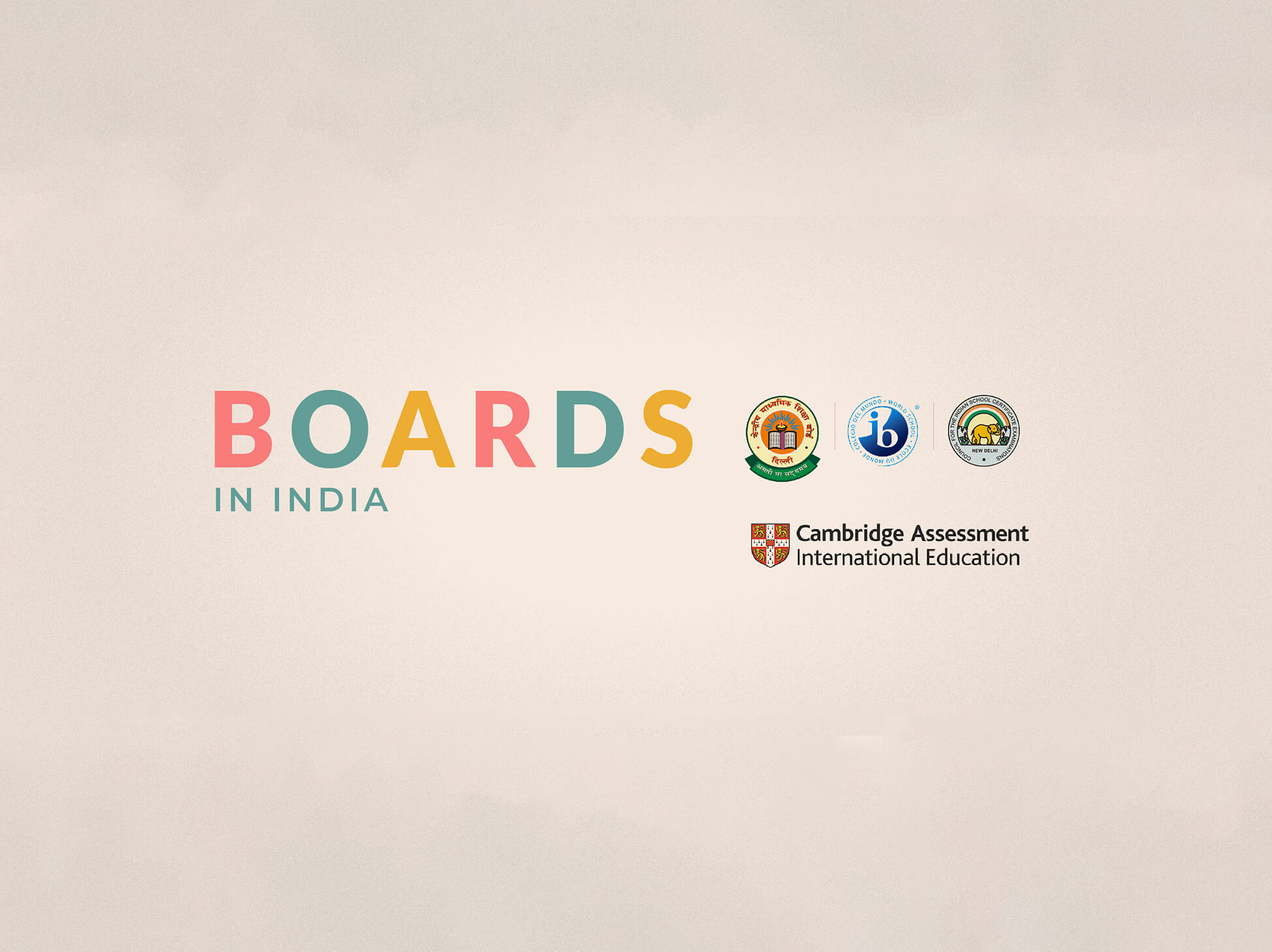In India, there are three main types of boards that students can choose from for their secondary and higher secondary education – the Central Board of Secondary Education (CBSE), the Indian Certificate of Secondary Education (ICSE), and the state board. Each board has its own unique set of features and benefits, and choosing the right one for your child depends on various factors.
- CBSE: The CBSE is the largest and most widely recognized board in India. It follows a standard curriculum that is recognized by many universities and colleges across the country. The CBSE board also focuses on practical knowledge and life skills, making it a good option for students who prefer hands-on learning.
- ICSE: The ICSE board is known for its comprehensive and well-rounded curriculum. It places a strong emphasis on English and has a more rigorous academic curriculum than the CBSE. This board is a good option for students who are strong in English and want to pursue higher education abroad.
- State Board: Each state in India has its own state board with its own curriculum and teaching methods. The state board curriculum is often more focused on regional languages and culture, making it a good option for students who want to stay close to their roots.
In addition to the above, there are also international boards like the International Baccalaureate (IB) and Cambridge Assessment International Education (CAIE) that are gaining popularity in India. These boards have a globally recognized curriculum and offer a well-rounded education that prepares students for higher education anywhere in the world.
Ultimately, choosing the right board for your child depends on their individual needs, interests, and future goals. Take into consideration your child’s academic strengths and weaknesses, future career aspirations, and personal preferences when making a decision. Consult with teachers and academic advisors to get a better understanding of each board and what it has to offer.
In conclusion, there is no one board that is better than the others, as each has its own unique features and benefits. By considering your child’s individual needs and aspirations, you can make an informed decision that sets them on a path towards success.

